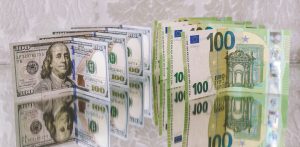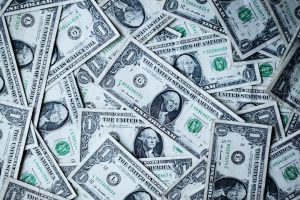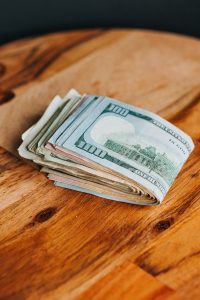Forex, short for foreign exchange, is a decentralized market where currencies are traded around the world. It is the largest and most liquid market globally, with an estimated daily trading volume of over $6 trillion. However, the question of who owns forex is a complex one, as the market is made up of various participants, including individuals, institutions, and governments.
Individual Traders
Individual traders, also known as retail traders, are one of the most significant contributors to the forex market. These are people who trade currencies for personal reasons or as a source of income. They include small business owners, students, stay-at-home parents, and even full-time forex traders. With the advent of online trading platforms, more and more individuals can access the forex market from anywhere in the world, making it an attractive financial market for anyone with an internet connection.
Institutional Traders
Institutional traders are companies or organizations that trade currencies on behalf of their clients or themselves. These include banks, hedge funds, pension funds, and investment firms. Institutional traders are responsible for a significant portion of the daily trading volume in the forex market. They have access to sophisticated trading tools and technologies, enabling them to make informed trading decisions and execute trades quickly.
Central Banks
Central banks are the regulatory bodies responsible for the monetary policies of their respective countries. They are also significant players in the forex market, as they control the money supply, set interest rates, and manage foreign reserves. Central banks often intervene in the forex market to stabilize their currency’s value or to counteract market volatility. They do this by buying or selling currencies, which affects the currency’s supply and demand, ultimately influencing its value.
Commercial Banks
Commercial banks are also important players in the forex market. They facilitate foreign exchange transactions for their clients, including individuals, corporations, and governments. Commercial banks exchange currencies at the prevailing exchange rate, making a profit through the spread between the bid and ask prices. They also provide forex trading services to their clients, allowing them to speculate on currency fluctuations.
Brokerage Firms
Brokerage firms are companies that facilitate forex trading for individuals and institutional traders. They provide access to the forex market through trading platforms and offer a range of trading tools and resources. Brokerage firms earn revenue through commissions on trades and spreads on currency pairs. They also offer leverage, which allows traders to open larger positions in the market than their account balance would allow.
Conclusion
In conclusion, the forex market is owned by a diverse group of participants, including individuals, institutions, and governments. The market’s decentralized nature means that no single entity controls it, and its liquidity and accessibility make it a popular financial market for traders worldwide. Understanding the different players in the forex market is essential for anyone interested in trading currencies or learning about the global financial system.





